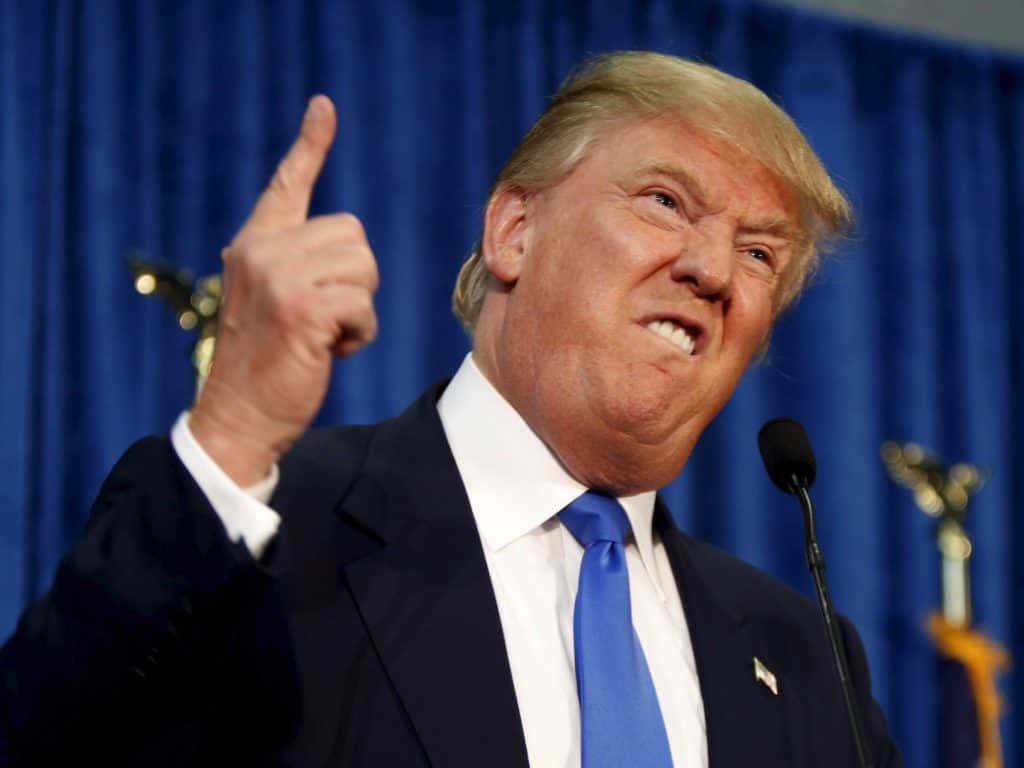Letter published in the Financial Times
Edward Luce is right that President Trump’s erratic behaviour might undermine the credibility of his threats (The exorbitant cost of Trump’s America going it alone. May 23rd, 2018). He is, however, wrong to buy into the standard narrative that Mr Trump is undermining the post-war world order that America helped build.
The post-war order was based on a multilateralism that was only possible because it was firmly steered by US hegemonic power. That is largely over. The world is now divided into three major trading blocs, the US, the EU and China, each defending or trying to expand its sphere of influence. It has been known since the 1980s that, in such a world, competition between blocs was much more likely than continued multilateral cooperation. In addition, the nature of world trade, and its political implications, is changing out of all recognition. We now understand better the downsides as well as the upsides of the post-war globalisation model. The net result is that the late 20th structures of globalisation are no longer fit for purpose. Trying to perpetuate the status quo is indefensible.
Yet institutions are slow to change and only tend to shift in times of crisis. It may take a credible US threat to bring down the whole trading system to shake them out of their complacency and force a re-think of the global order – one fit for the rapid changes of a 21st century digital world.
In such a formulation, President Trump may ultimately be good for world trade if he can drive change before crisis strikes. This is only possible if Mr Trump’s threats remain credible.
Dr Joe Zammit-Lucia and David Boyle






